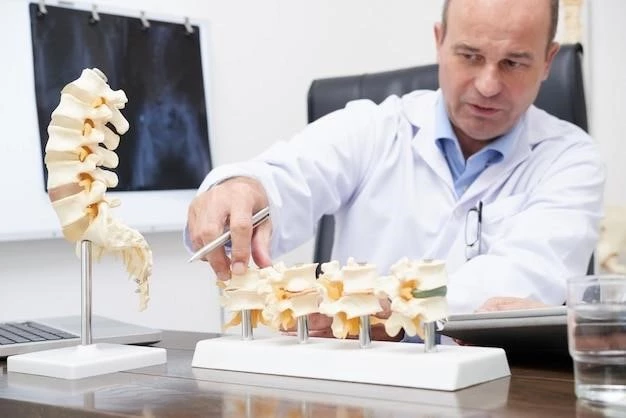– Genetic Mutations
Chondrodysplasia Punctata can be caused by genetic mutations affecting the peroxisomal function. These mutations can disrupt the normal development of bones and result in the characteristic features of the condition. Understanding these genetic abnormalities is crucial for diagnosis and management.

– Skin Changes
Steroid Sulfatase Deficiency can manifest with skin abnormalities like dry, scaly patches and ichthyosis. These skin changes are a key clinical feature of the condition and can aid in its diagnosis. Proper management and skincare can help alleviate discomfort associated with these skin manifestations.
– Growth and Developmental Delays
Steroid Sulfatase Deficiency can lead to significant growth and developmental delays in affected individuals. These delays can impact both physical and cognitive development. Early intervention and targeted therapies are essential to support the optimal growth and development of individuals with this condition.
– Intellectual Disability
Steroid Sulfatase Deficiency can be associated with intellectual disability due to the impact of the condition on brain development. Individuals may exhibit cognitive challenges and learning difficulties. Comprehensive support services and educational interventions can help manage and improve the quality of life for individuals with intellectual disabilities.
– Physical Therapy
Physical therapy plays a crucial role in managing Chondrodysplasia Punctata by improving mobility, strength, and functional skills. Tailored exercises and interventions can help individuals with this condition enhance their physical abilities and independence. Consistent physical therapy sessions are essential for optimizing overall quality of life.
– Surgical Interventions
In cases of Chondrodysplasia Punctata, surgical interventions may be necessary to address skeletal abnormalities or deformities that impact function and mobility. Orthopedic surgeries can help improve bone alignment and joint function, enhancing overall quality of life for individuals with this condition; Close post-operative monitoring is important for optimal recovery.
– Medication Management
Medication management in Chondrodysplasia Punctata focuses on symptom relief and addressing associated conditions such as joint pain or respiratory issues. Pain relievers, anti-inflammatory drugs, and respiratory medications may be prescribed to manage symptoms and improve comfort. Regular monitoring and adjustments by healthcare providers are essential in medication management.
– Genetic Testing
Genetic testing is a vital diagnostic tool for identifying Steroid Sulfatase Deficiency. Through DNA analysis, mutations in the STS gene responsible for the condition can be detected. Genetic testing not only confirms the diagnosis but also helps in genetic counseling for affected individuals and their families to understand the inheritance pattern and risks.
– Enzyme Assays
Enzyme assays are another diagnostic method used to confirm Steroid Sulfatase Deficiency. By measuring the activity of the STS enzyme, healthcare providers can assess its functionality. Low enzyme activity levels in blood samples may indicate the presence of the condition. Enzyme assays complement genetic testing and aid in the accurate diagnosis and management of this rare genetic disorder.
– Prenatal Screening
Prenatal screening for Steroid Sulfatase Deficiency involves testing fetal cells or DNA to identify genetic mutations linked to the disorder. It allows early detection of the condition, enabling parents to make informed decisions regarding the pregnancy. Prenatal screening plays a crucial role in identifying at-risk pregnancies and providing appropriate counseling and care.
– Multidisciplinary Care Team
Management of Chondrodysplasia Punctata requires a collaborative approach involving specialists such as geneticists, orthopedic surgeons, physical therapists, and genetic counselors. This multidisciplinary care team works together to create individualized treatment plans, address specific needs, and provide comprehensive support for patients with this rare skeletal disorder.
– Supportive Therapies
Supportive therapies play a vital role in managing Chondrodysplasia Punctata, including occupational therapy, speech therapy, and assistive devices. These therapies aim to enhance independence, communication, and daily functioning for individuals affected by this condition. Supportive interventions are tailored to each patient’s specific needs and may improve overall quality of life.
– Long-term Monitoring
Long-term monitoring is essential in the management of Chondrodysplasia Punctata to track disease progression, assess treatment efficacy, and address emerging issues. Regular assessments by the healthcare team allow for adjustments in therapies and interventions as needed. Long-term monitoring ensures ongoing support and optimized care for individuals living with this skeletal disorder.
